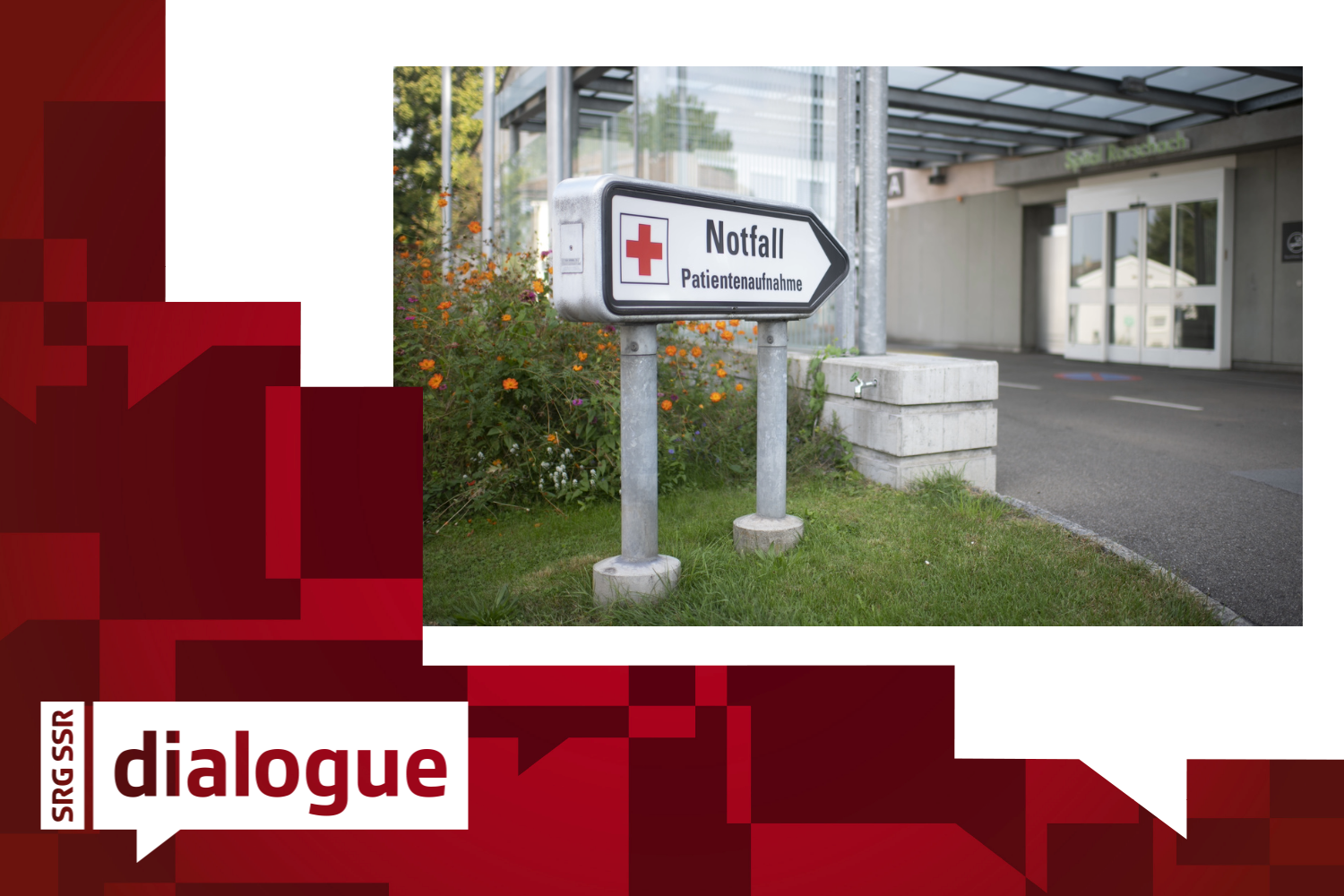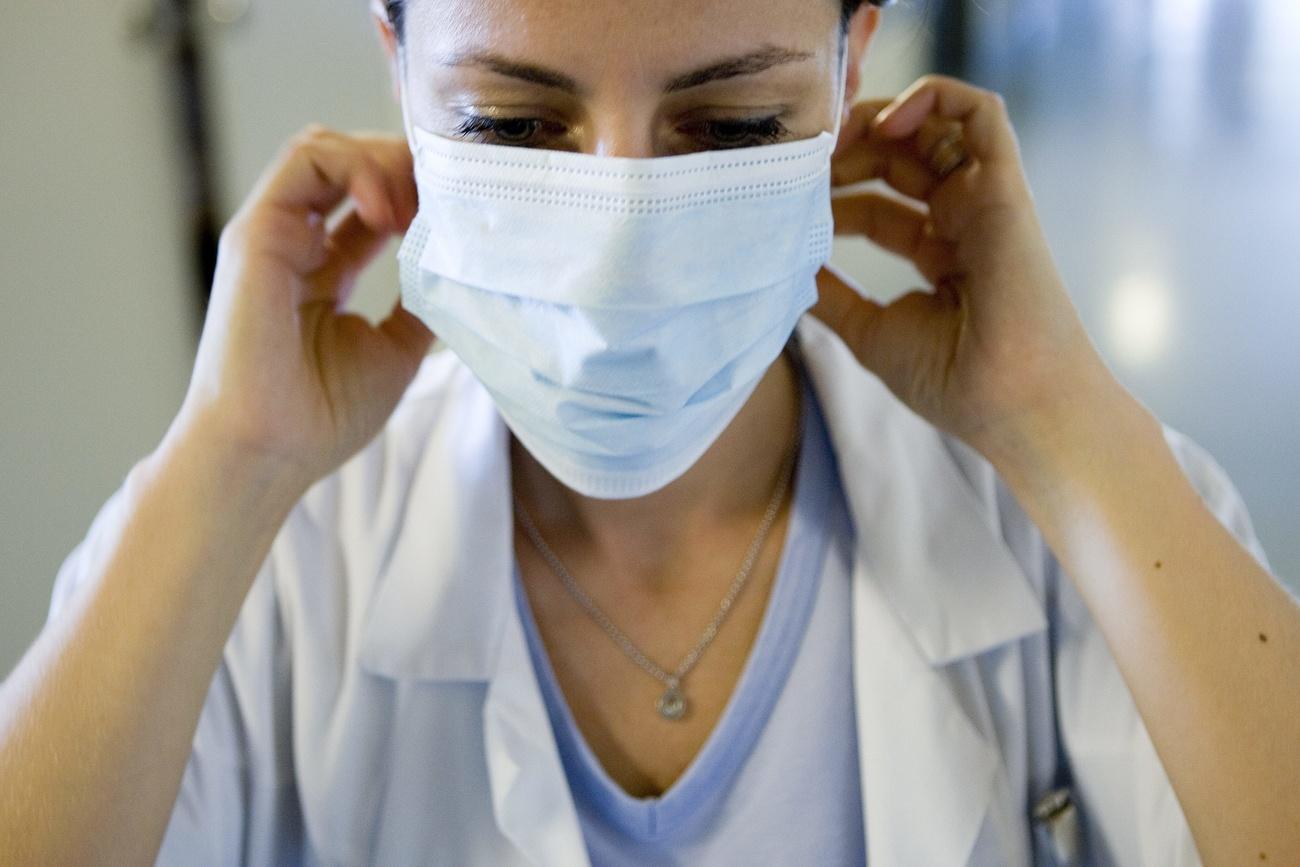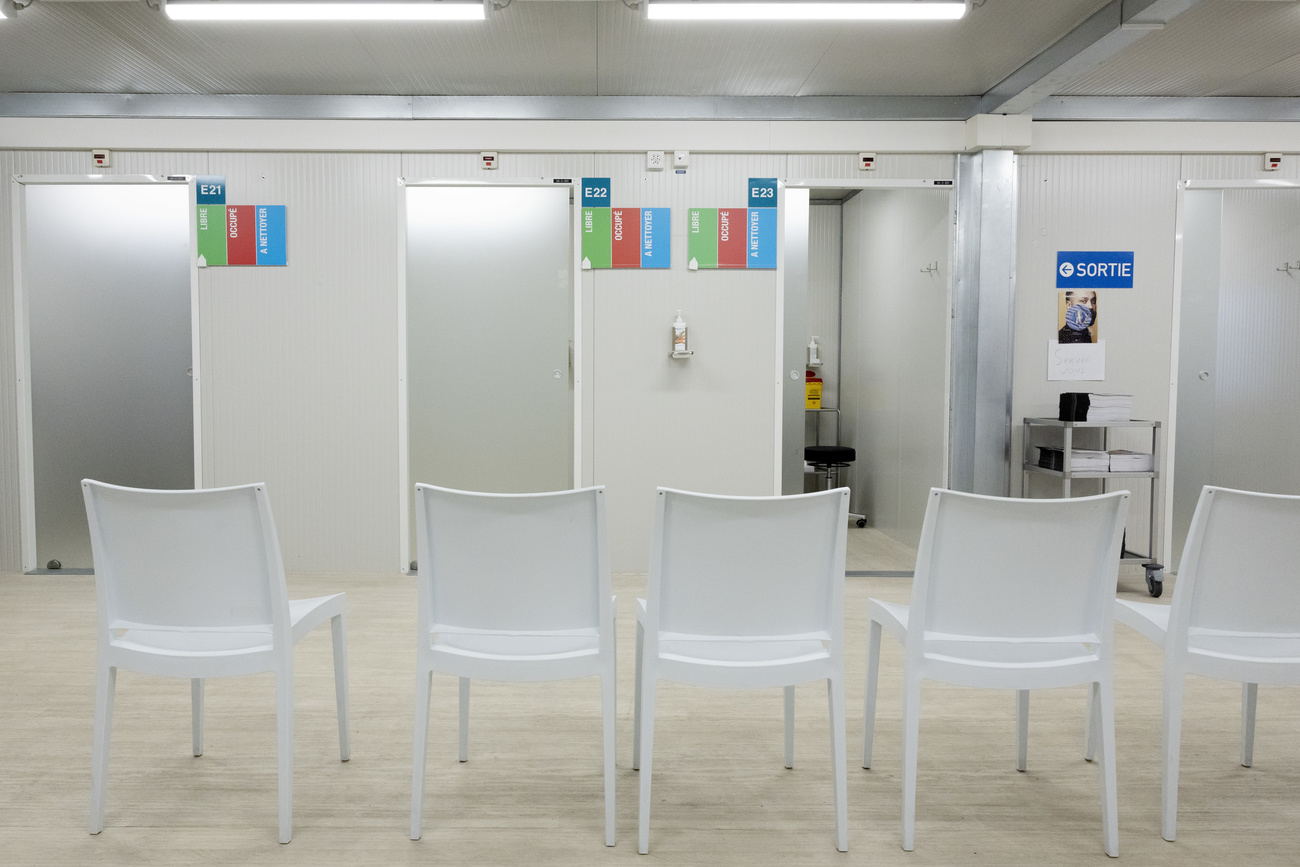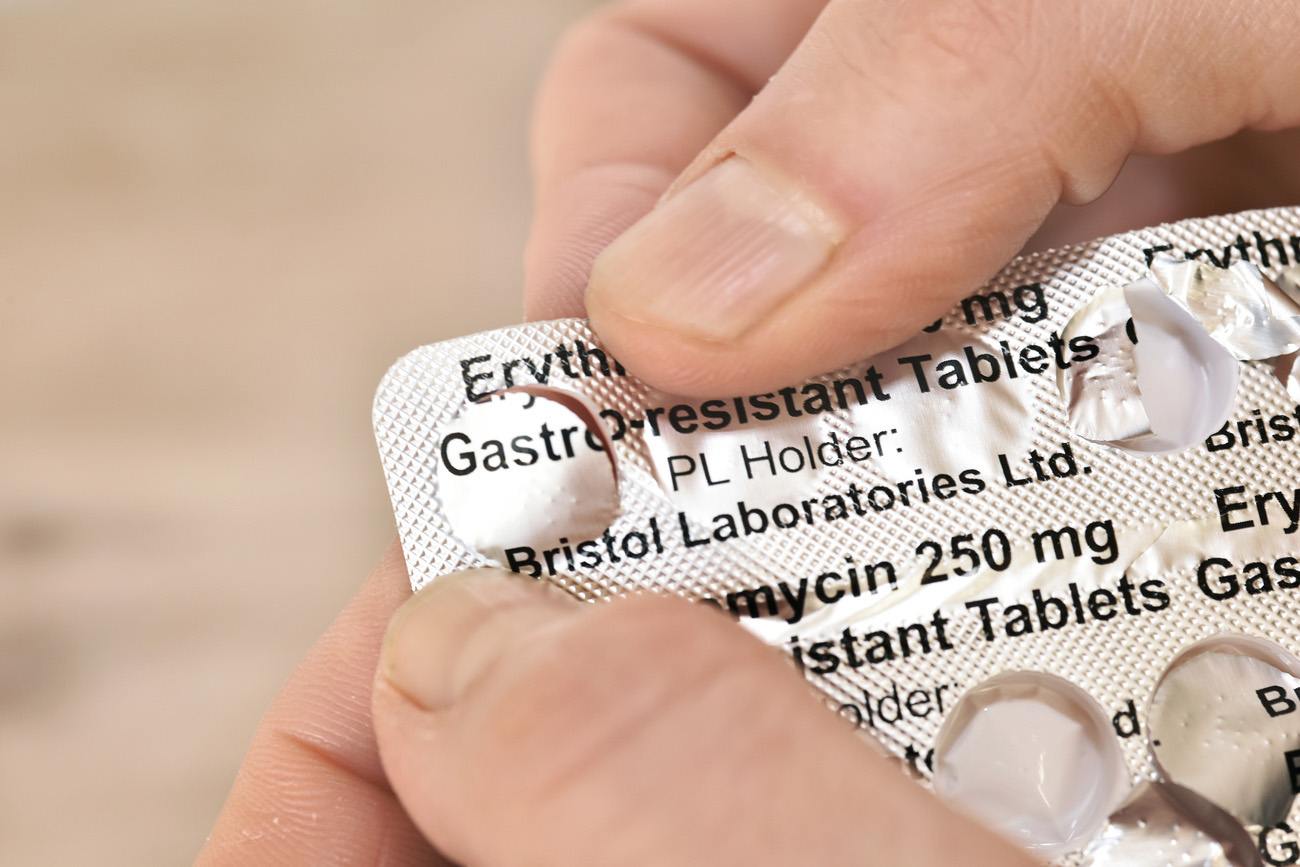
Report exposes widespread hygiene issues in Swiss hospitals

According to Swiss medicines regulator Swissmedic, Swiss hospitals have shortcomings in disinfecting, sterilising, packaging, and storing medical products.
The industry is asking for understanding while promising improvements.
+ Get the most important news from Switzerland in your inbox
Hospitals are often thought to be particularly clean, given the importance of hygiene in such environments – germs and bacteria can quickly pose a threat to patients. However, a recent report from Swissmedic reveals that nearly all of the 25 Swiss hospitals inspected had issues with medical products, particularly in the areas of disinfecting, sterilising, packaging, and storage.
Swiss hospital staff need hygiene training
Compared to the previous inspection in 2021/2022, some key areas have actually worsened. In 2023, 91% of facility and cleaning/disinfection inspections found deficiencies, while 82% of inspections related to the packaging and storage of medical products identified problems. “We often found that staff lacked sufficient qualifications. It’s important to provide staff with relevant further training, allowing them the opportunity to improve,” explains Karoline Mathys, who oversees medical product monitoring at Swissmedic. The Swiss medicines regulator offers guidelines developed in collaboration with experts.

More
Hospitals can only survive long-term with public funding
Kristian Schneider, director of the hospital in Biel and vice-president of the hospital association H+, is calling for understanding in light of Swissmedic’s poor assessment of Swiss hospitals: “If you observe this in practice, you might sometimes think: ‘That wasn’t quite by the book.’ But that doesn’t mean the product hasn’t been properly prepared.” Switzerland is one of the leading countries when it comes to hygiene standards and their implementation.
More and more hospitals are outsourcing product cleaning to private companies. Sermax, for example, prepares medical products on behalf of health institutions. According to Connie Ingold, deputy head of operations, demand is high: “Many hospitals are struggling with staff shortages and cost pressures.”

More
Healthcare costs: should Swiss hospitals clamp down on expenses?
Meanwhile, the hospital association is working to further improve quality in hospitals and signed a quality contract with health insurers in May. This is expected to lead to improvements in the processing of medical products as well.
However, Swissmedic finds the implementation lacking, which it considers problematic. Mathys emphasises: “The deficiencies can affect both product safety and patient safety.”
Swiss hospitals outsource processing of medical products
Industry representative Schneider welcomes the latest Swissmedic report, saying: “It helps us improve.” However, he also stresses that patient safety is not at risk. “We maintain high standards of cleanliness, we’re not unhygienic. We don’t endanger patients. We do excellent work.”

More
Nurses in Switzerland: stressed out and underpaid
Nevertheless, the hospitals involved must take action to meet Swissmedic’s requirements. The Biel hospital, for example, was previously reprimanded in an inspection and has since been working on improvements under Swissmedic’s supervision. According to Mathys, such a process can take up to a year or more.
Translated from German by DeepL/sp
This news story has been written and carefully fact-checked by an external editorial team. At SWI swissinfo.ch we select the most relevant news for an international audience and use automatic translation tools such as DeepL to translate it into English. Providing you with automatically translated news gives us the time to write more in-depth articles.
If you want to know more about how we work, have a look here, if you want to learn more about how we use technology, click here, and if you have feedback on this news story please write to english@swissinfo.ch.

In compliance with the JTI standards
More: SWI swissinfo.ch certified by the Journalism Trust Initiative















































You can find an overview of ongoing debates with our journalists here . Please join us!
If you want to start a conversation about a topic raised in this article or want to report factual errors, email us at english@swissinfo.ch.